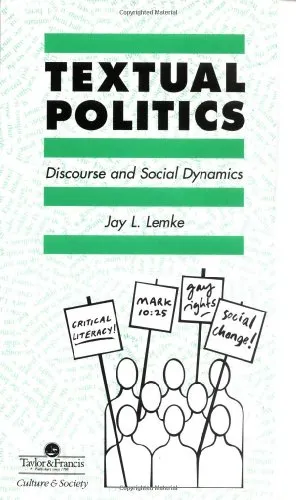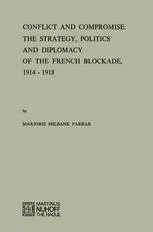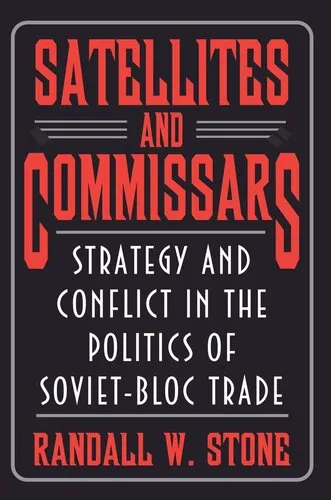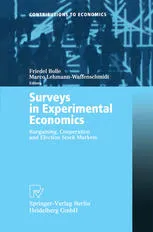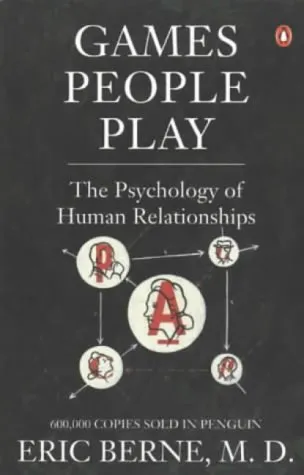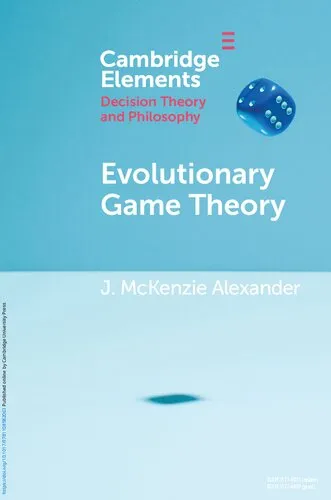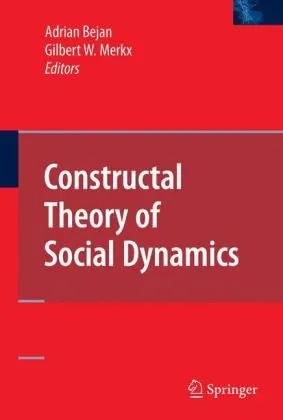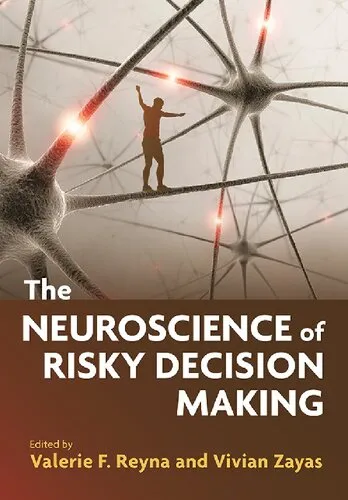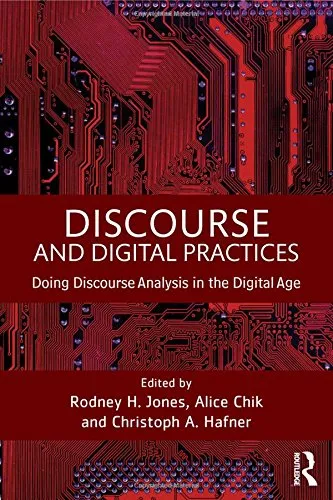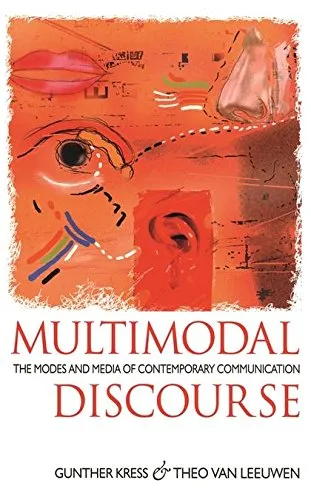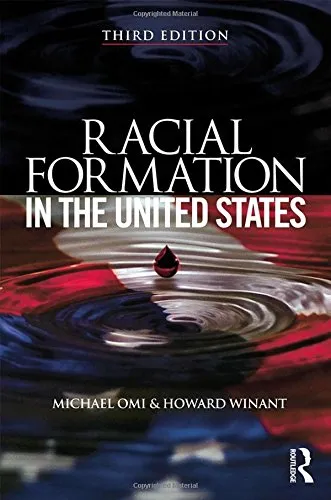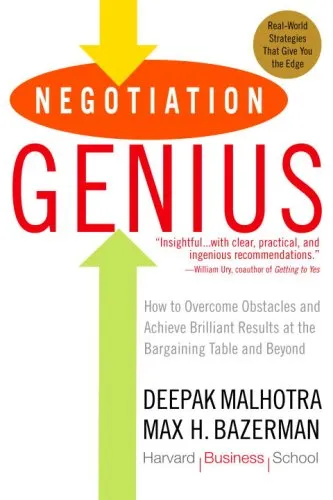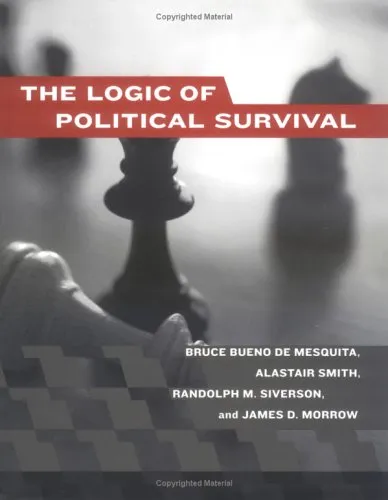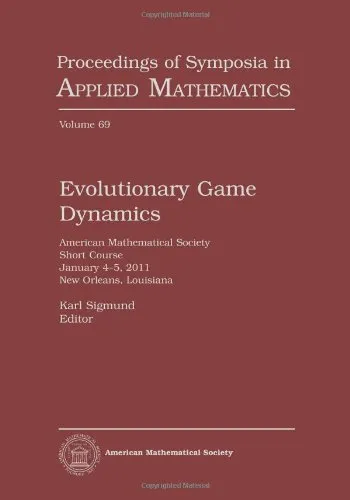Textual Politics: Discourse And Social Dynamics: Discourse & Social Dynamics (Critical Perspectives on Literacy and Education)
4.5
Reviews from our users

You Can Ask your questions from this book's AI after Login
Each download or ask from book AI costs 2 points. To earn more free points, please visit the Points Guide Page and complete some valuable actions.Related Refrences:
Introduction to "Textual Politics: Discourse and Social Dynamics"
"Textual Politics: Discourse and Social Dynamics" examines the intricate relationship between language, power, and social orders. Written with a critical lens on how texts and discourses shape social realities, this book dives into the intersection of literacy practices, education, and socio-political transformation. As part of the Critical Perspectives on Literacy and Education series, it provides readers with the tools to analyze how texts are embedded in systems of power and how they perpetuate or destabilize these systems. The book is deeply rooted in socio-cultural theory, offering a practical perspective for educators, researchers, and activists who seek to understand the political nature of discourse and literacy.
Detailed Summary of the Book
At its core, "Textual Politics" explores how discourse not only reflects but also actively shapes social dynamics and structures. Language is never neutral—it is laden with intentions, ideologies, and implications for both individuals and communities. This text provides a framework for understanding the dynamics of "textual politics," where texts serve as mechanisms of power, status quo reinforcement, and potential sites for resistance.
The book is structured to guide readers from theoretical foundations to practical applications. Early chapters define discourse and its role in constructing meaning in social contexts. Readers are introduced to the concept of intertextuality and how texts are situated within broader systems of communication. By analyzing real-world examples—from classroom interactions to mass media communications—Lemke demonstrates how language policies, educational curricula, and public discourses all contribute to maintaining or challenging institutional power.
One of the book’s significant contributions is its examination of literacy education. Lemke critiques traditional approaches that treat literacy as a set of decontextualized skills. Instead, he presents literacy as a socially situated practice intertwined with cultural norms and power relations. Drawing on case studies, the book illustrates that teaching students to critically analyze discourse empowers them to navigate complex social systems, challenge hegemonic narratives, and become agents of change.
Key Takeaways
- Discourse is a deeply political and social phenomenon, shaping and shaped by power structures.
- Texts are not stand-alone entities; they are part of larger social, cultural, and historical frameworks.
- Literacy must be understood as a practice embedded in context, not merely as a technical skill.
- Critical analysis of texts fosters societal awareness and empowers individuals to resist oppressive systems.
- Education plays a crucial role in shaping students’ abilities to engage with and transform social discourse.
Famous Quotes from the Book
"Texts are never neutral; they embody ideologies, sustain social structures, and carry the weight of historical power struggles."
"To comprehend a text is to see its connections—not just to other texts, but to the social world in which it lives."
"Literacy is far more than the ability to read and write; it is the capacity to interpret and intervene in the world."
Why This Book Matters
"Textual Politics" serves as an essential guide for anyone seeking to understand the critical role of language in society. In an era marked by misinformation, media manipulation, and increasing inequality, the power of discourse feels more significant than ever. The book equips educators, researchers, and activists with a robust framework for analyzing and challenging the narratives that sustain social injustices.
Furthermore, the book’s focus on education highlights its relevance in empowering future generations. By rethinking traditional approaches to literacy and teaching students to critically engage with texts, this work fosters a deeper understanding of the role of communication in social transformation. Through practical examples and theoretical insights, Lemke encourages readers to rethink their relationship with language and to harness its transformative potential for creating more equitable societies.
Ultimately, "Textual Politics" offers both a critique of existing systems and a hopeful call to action. It reminds us that through critical dialogue, analysis, and education, society has the tools to resist injustice and build a more inclusive future.
Free Direct Download
You Can Download this book after Login
Accessing books through legal platforms and public libraries not only supports the rights of authors and publishers but also contributes to the sustainability of reading culture. Before downloading, please take a moment to consider these options.
Find this book on other platforms:
WorldCat helps you find books in libraries worldwide.
See ratings, reviews, and discussions on Goodreads.
Find and buy rare or used books on AbeBooks.
1364
بازدید4.5
امتیاز0
نظر98%
رضایتReviews:
4.5
Based on 0 users review
Questions & Answers
Ask questions about this book or help others by answering
No questions yet. Be the first to ask!
